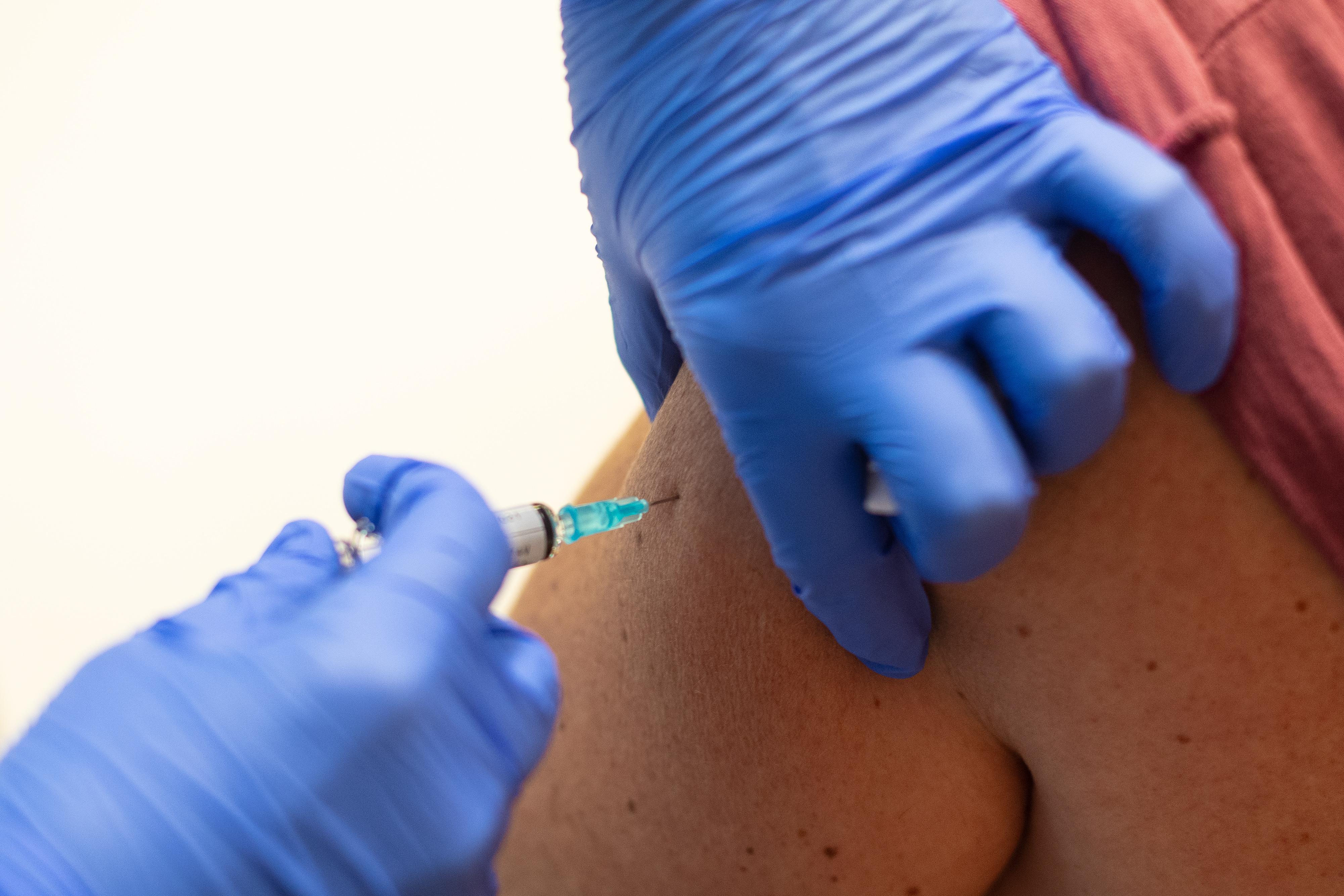Health
All Stories
A new study shows that the top rap songs in the U.S. are making increasingly frequent references to depression and suicidal thoughts.
For several weeks after considering the ethics of eating meat, participants in an experiment changed their eating habits.
Ultraviolet LED lights could soon be used to help disinfect air and surfaces in buildings, planes, subways and other spaces.
Research finds that our sense of self can be manipulated by certain smells and sounds.
A new observational study finds that red wine and cheese have protective effects.
There is a lot we don’t know about psychedelics, but what we do know makes them extremely important.
▸
20 min
—
with
A new study explores the therapeutic potential of the psychedelic drug ibogaine, which has been used in Africa for centuries.
Research shows that sparrows and other animals use plants to heal themselves.
The vaccine just passed its first clinical trials, but it has a long way to go.
There is a neurological link between serotonin levels and the brain’s ability to control impulses and patience levels.
A new “evidence-based nature prescription program” will see patients spending time in the woods.
Mice will even run on a wheel in nature. Pheromones help inspire that behavior.
Pfizer’s vaccine needs to be kept at -100°F until it’s administered. Can caregivers deliver?
Psychedelic therapy will become legal in Oregon in 2023. That’s thanks largely to a renaissance of psychedelic research that’s changing attitudes on the substances’ medical potential.
Britons could start receiving the vaccine within days.
The Google-owned company developed a system that can reliably predict the 3D shapes of proteins.
A biologist-reporter investigates his fungal namesake.
Vegans and vegetarians often have nutrient deficiencies and lower BMI, which can increase the risk of fractures.
These tiny fish are helping scientists understand how the human brain processes sound.
Researchers from Israel reversed two key processes involved in aging.
A new method is able to create realistic models of the human heart, which could vastly improve how surgeons train for complex procedures.
The compound found in “magic mushrooms” has significant and fast-acting impact on the brains of rats.
The bubonic plague ravaged the world for centuries, killing up to 200 million people.
Psychologists discover that the way the brain perceives beauty differs between art or faces.
The positive steps we are taking to prevent disease might have a negative side effect.
The researchers say their findings support the idea that low biodiversity in modern living environments could lead to “uneducated” immune systems.
Researchers design microdevices that can gradually deliver medicine by latching on to intestines.
A new study shows you should put down the toilet lid when flushing to avoid coronavirus and other illnesses.
What is more important, that a treatment helps keep people healthy or that it meshes with our morals?





























